release time:2024-12-12 11:59:01
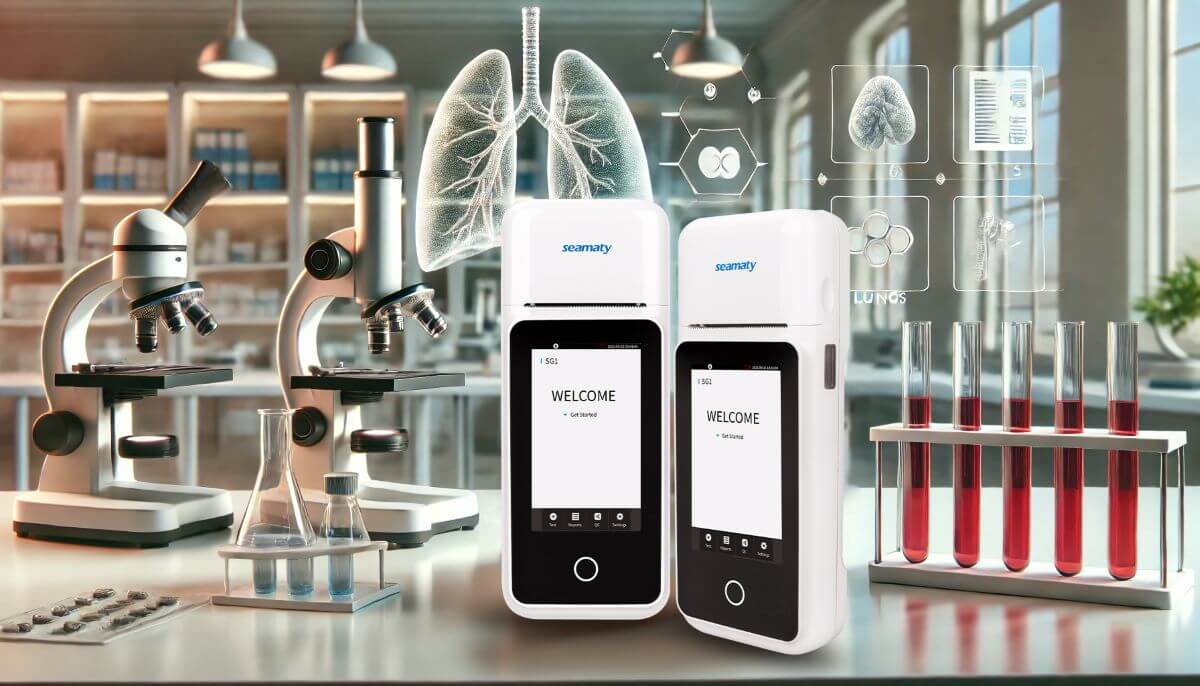
Respiratory diseases are among the most common health challenges, especially during the winter months when cases of conditions like hypoxemia, respiratory failure, and acid-base imbalances significantly increase. Accurate diagnosis and timely treatment are essential in managing these conditions, but resource constraints in healthcare settings can often complicate this process.
The Seamaty SG1 Blood Gas Analyzer provides a practical solution by offering reliable, portable, and user-friendly diagnostic capabilities. This article explores how the SG1 is applied in diagnosing respiratory diseases and enhancing healthcare outcomes.
Blood gas analysis is a diagnostic method used to measure oxygen (O₂), carbon dioxide (CO₂), and hydrogen ion (H⁺) concentrations in the blood. These values provide critical insights into respiratory function and the body’s acid-base balance, making it an essential tool for diagnosing various respiratory conditions.
Key Applications:
Acid-Base Imbalances:
These applications highlight the critical role blood gas analysis plays in respiratory medicine, especially in emergencies and intensive care settings.
While effective, traditional blood gas analyzers often face limitations, particularly in resource-constrained settings like rural clinics or small healthcare facilities. Common challenges include:
These obstacles hinder the widespread adoption of blood gas analysis in primary and community healthcare facilities, where the need for accessible and efficient diagnostic tools is growing.
The Seamaty SG1 Blood Gas Analyzer is designed to overcome these limitations and make advanced diagnostics accessible to a wider range of healthcare providers.
Key Features and Benefits:
These features make the SG1 particularly well-suited for primary healthcare settings, enabling facilities to provide timely and accurate respiratory disease diagnoses.
In practical use, the SG1 Blood Gas Analyzer proves invaluable in:
By addressing these diverse needs, the SG1 ensures that even resource-limited facilities can deliver high-quality care for respiratory disease patients.
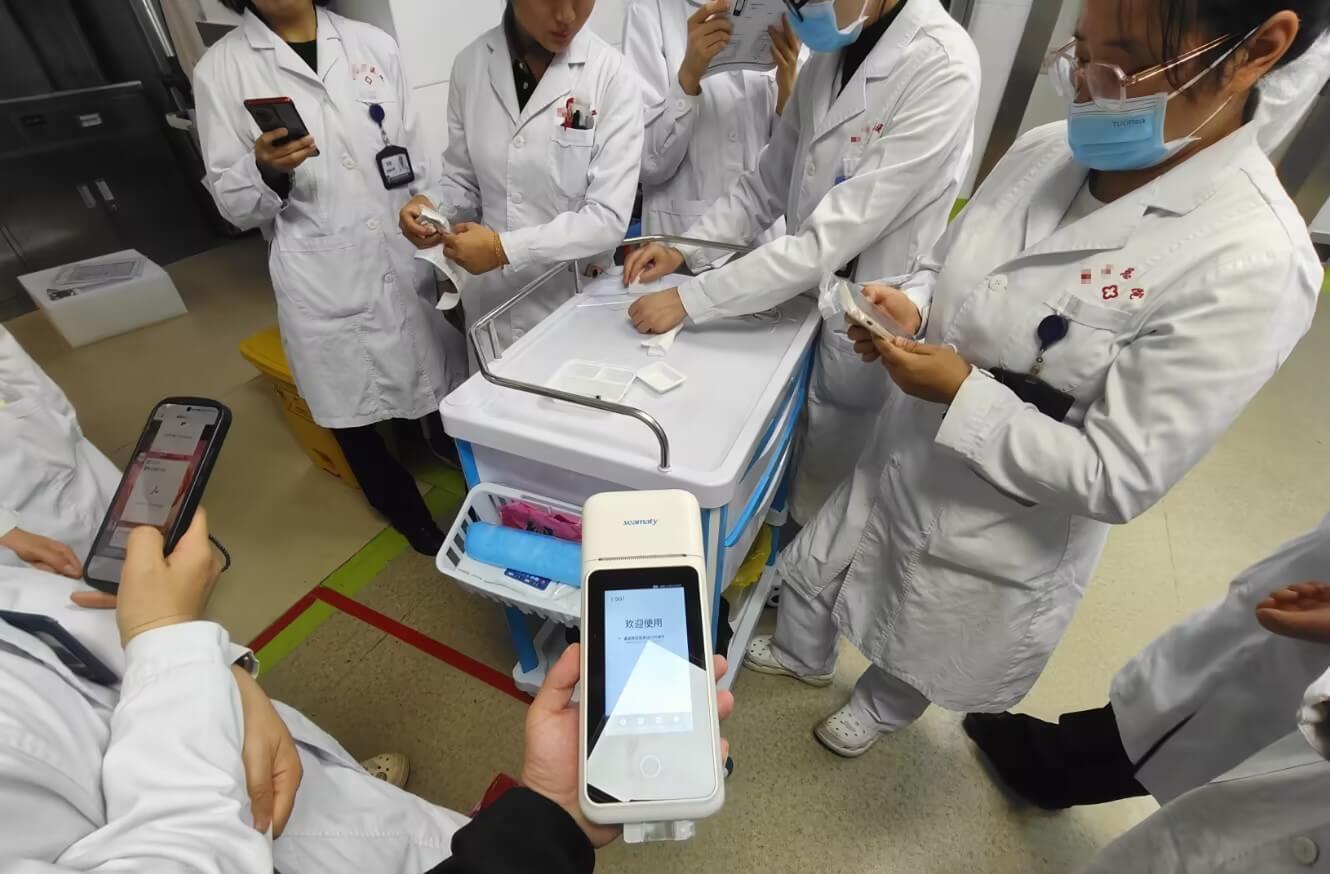
The Seamaty SG1 Blood Gas Analyzer is a game-changer for respiratory disease diagnosis, offering a cost-effective, portable, and easy-to-use solution that meets the demands of modern healthcare. By empowering primary and remote healthcare providers, the SG1 not only improves diagnostic accuracy but also enhances the efficiency of care delivery.
As respiratory diseases continue to pose significant challenges, the adoption of innovative tools like the SG1 will play a crucial role in safeguarding public health and ensuring better outcomes for patients.
Related further reading:
1. Everything You Need to Know About the Seamaty SG1 Blood Gas Analyzer: 10 FAQs Answered
2. From Novice to Pro: Mastering the Seamaty SG1 Blood Gas Analyzer
3. Handheld Blood Gas Analyzers Comparison: Abbott i-STAT vs. Siemens EPOC vs. Seamaty SG1
4. Seamaty SG1 Blood Gas Analyzer: A Must-Have for Small Clinics
5. 50 Seconds Ultra-Fast Blood Gas Testing: The SG1 Handheld Blood Gas Analyzer
6. Measured Parameters and Application Scenarios of SG1 Blood Gas Electrolyte Analyzer
7. Blood Gas Analyzer: An Indispensable Medical Tool from the ICU to General Wards
8. Wet vs. Dry Blood Gas Analyzers: Which One Takes the Lead?
9. Blood Gas Analyzer Buyers’ Guide: Top Picks from Leading Chinese Manufacturers
10. Guide to Top 10 Blood Gas Analyzers: Brands, Models, and How to Choose
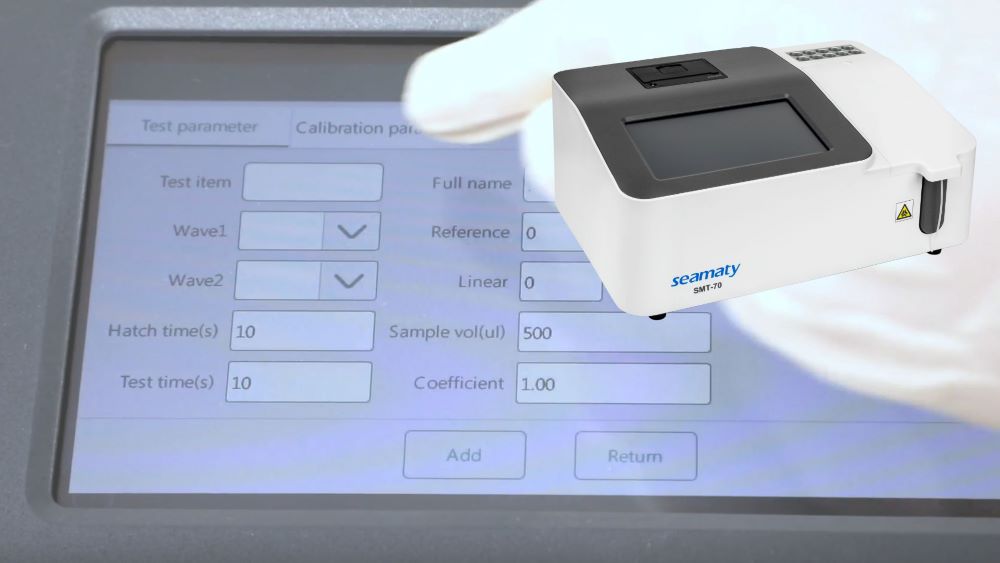
2024-09-19
Upgrade your clinical testing capabilities with the Seamaty SMT-70 Semi-auto Chemistry Analyzer. Affordable, compact, and user-friendly, it delivers reliable results with minimal maintenance. Ideal for labs seeking budget-friendly, efficient solutions.
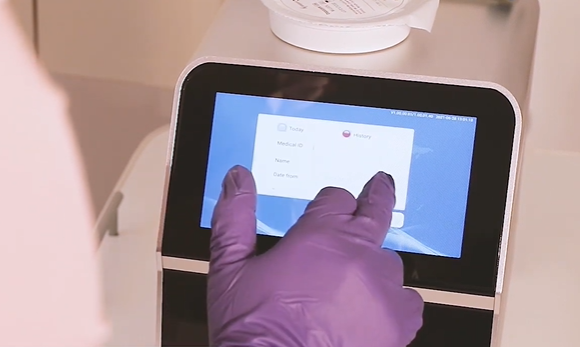
2022-07-01
A biochemistry analyzer is a machine that carries out chemical analyses of body fluids, such as blood or urine. enzymatic reactions and fluorescence measurements.
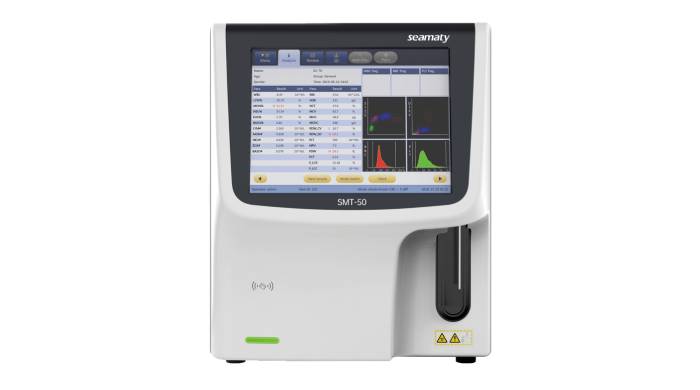
2022-04-12
A routine blood analysis is actually a blood cell analysis. Blood cells are also known as "blood cells", so it can also be called a blood cell analysis. Blood cells are cells that are found in the blood and travel throughout the body with the flow of blood.